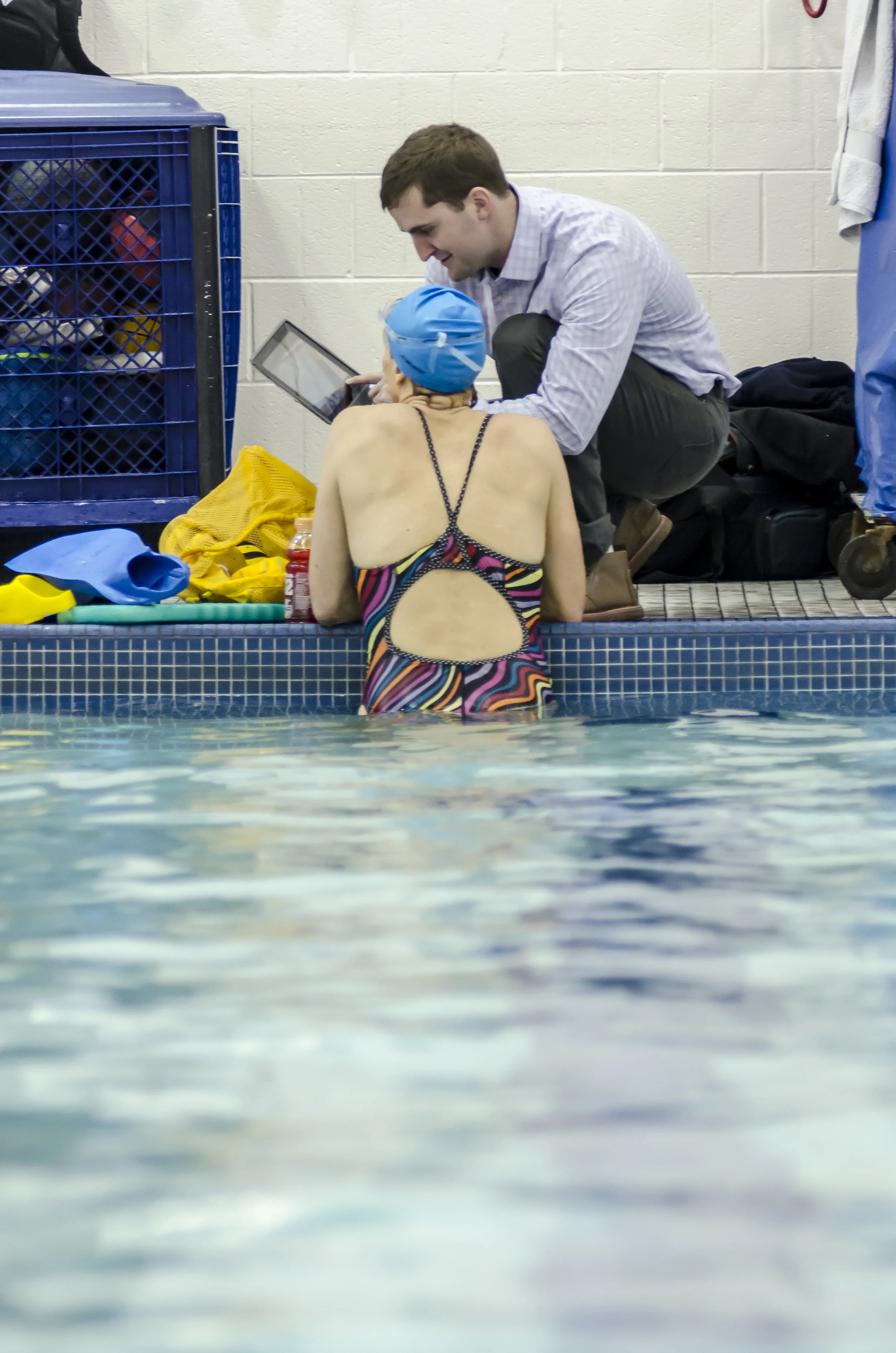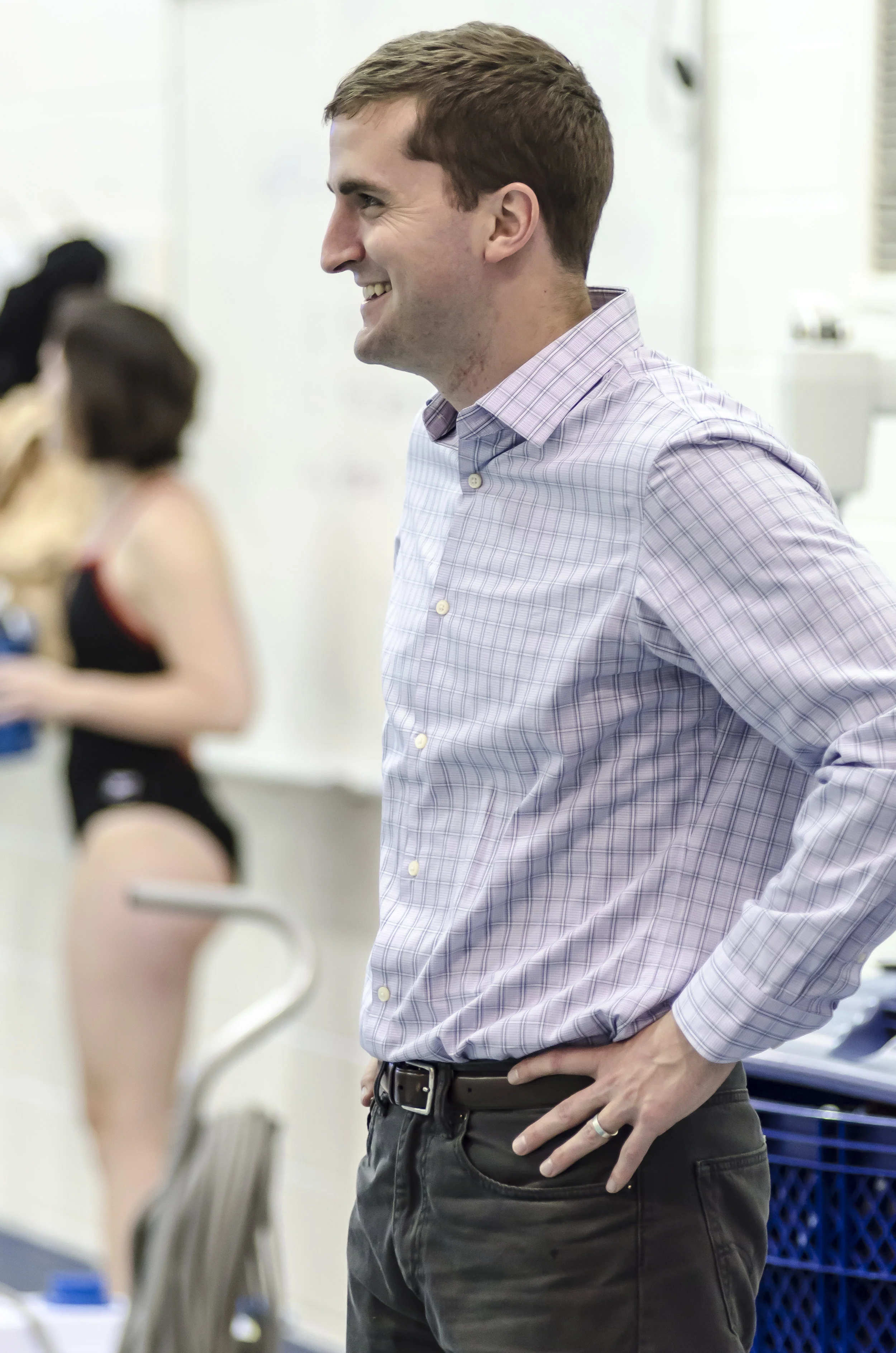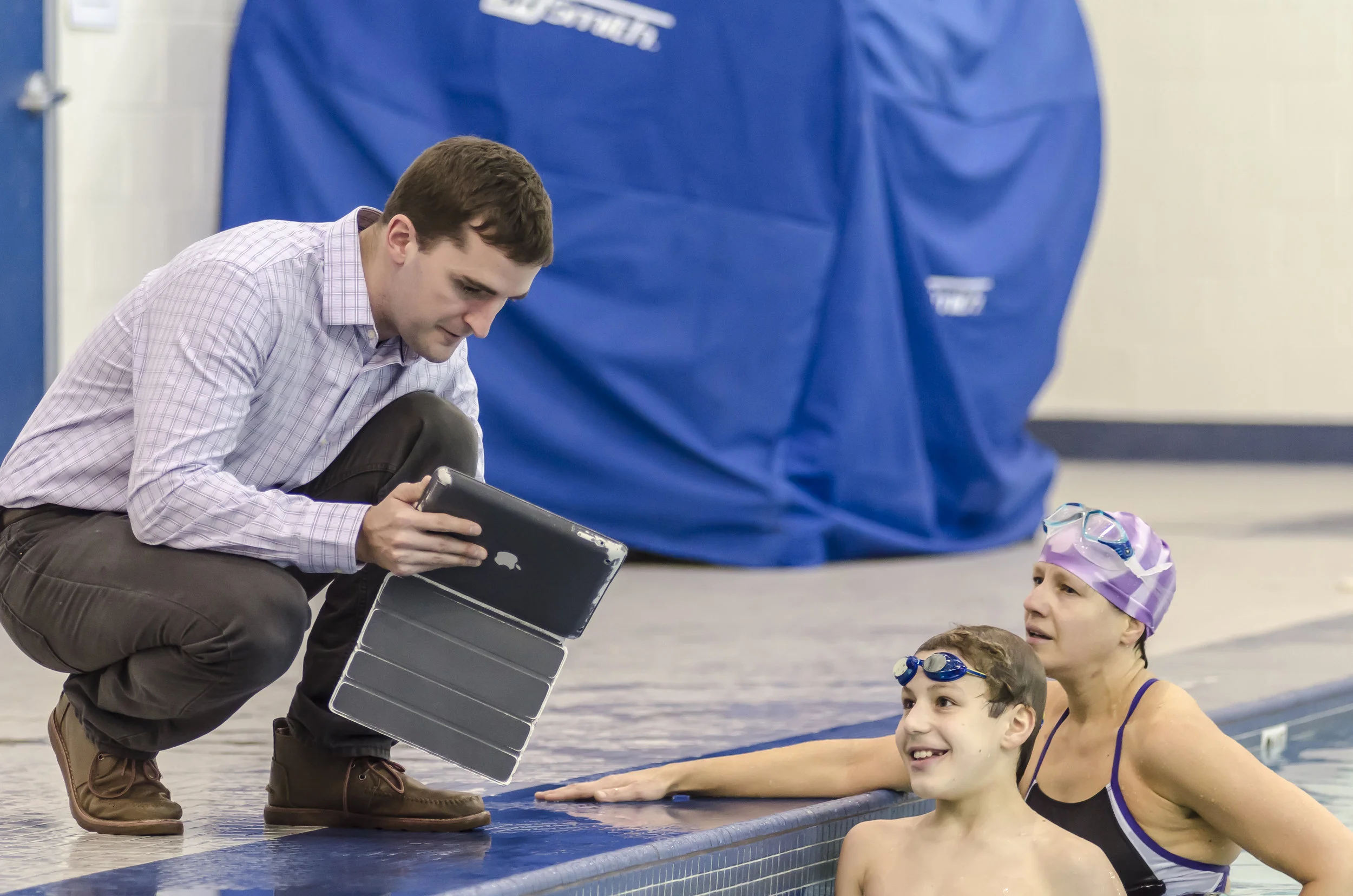Rumor has it, USA Swimming is looking for a new National Team Director. While the mainstream swimming media has chosen not to feature me on their list of "top candidates" for the job, I have had at least two friends jokingly ask me to apply. So, at their urging, here is my open application for the position of National Team Director.
While lists like the one linked above have focused on people with top coaching resumes, I think this misses the point. The National Team Director is not a coaching position. Frank Busch was crucially successful by not being as heavy handed on the coaching side as his predecessor.
I'm drawing inspiration for my application from Bill Simmons 2008 campaign for Milwaukee Bucks GM. Sure, the Bucks passed Simmons up- but how is that working for them? So I say this to the powers that be in Colorado Springs: learn from the Bucks!
Few have been more critical than me of USA Swimming, but I recognize that I need more than just negativity to justify hiring me. I also recognize that there is a wide swath of "not broken, don't fix it" things with the top national swimming program in the world. So the following is my proactive plan for an even better America's swim team:
1. Bring USA Swimming into the internet age: Here's one area where it is hard to defend USA Swimming. Their website is terrible (it was terrible when it was last redesigned and has only grown more outdated since). How can we bring it up to date? Glad you asked:
-update the times search to feature live search updates. The times search is definitely the most heavily used feature on USA Swimming's website, and also painfully frustrating to use. Go to swimrankings right now. Do a times search. Start typing in a name to an athlete search. WOOSH! Names appear. This technology has existed for years, and yet USA Swimming still forces you to complete a painful search and sometimes click through page after page to find the athlete you are looking for.
-outsource the sharing of all data, video/technical, and workouts. USA Swimming's insular nature has meant that they have lived in denial that Floswimming smoked them to creating a great sharing platform on minimal resources a decade ago. For the love of god, can we please just pay Garrett McCaffrey whatever it takes to share the best of the best of this stuff? Can we find a more effective way to get Russell Mark's videos out there? YES WE CAN
2. Move to cut ties with ASCA and provide real education to USA Swimming coaches. Can you believe that this position only requires a bachelors degree? How do we have a sport full of brainiac nerds, yet we have never fully embraced that culture from the top?
ASCA's education modules have leached off USA Swimming for long enough. How about we provide some real foundational knowledge to coaches. Engage and compensate people with real educations, not John Leonard's grabby old friends, to make curriculums in exercise physiology, cognitive and motor development, and performance psychology! But let's not stop their with the nerdyness
3. Bring back the Sports Science division. We live in an era of big data, in a sport full of people who understand what it means to conduct professional research. Yet, we have next to no scientific knowledge shared from the national level.
I propose we create two full time staff at the National Team, to work as a team to collect and analyze data on what actually works in swimming. Let's stop arguing about training methods and actually study them. Let's find out who is actually doing the best job at long term development, and come up with best practices. Does this research need some review? I think there are hundreds of people out there in our sport with knowledge enough to give good critical feedback and establish a good research base.
These are just a few suggestions for making the National Team even better than it is today. Just because we dominate internationally doesn't mean that there are a lot of things that we couldn't do better. By holding onto our traditions that work and adding the best of what's new, perhaps we can continue to wide the gap between us and the rest of the world.













